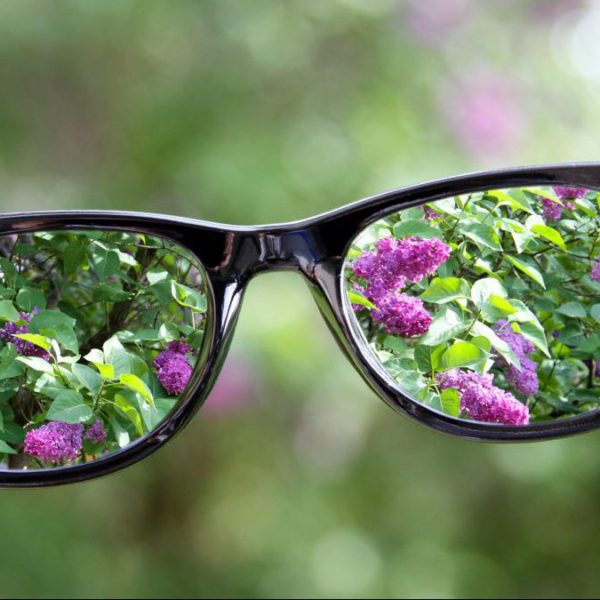Myopia is a refractive error where the person is able to see near clearly, but having defective vision for distance.
It means that when there is Myopia the Shape and size of the eye is different and causes the rays of light to refract in front of the retina thus causing blurry vision.

The main cause of developing Refractive error is either in the Refractive Medium or the length of the Eyeball.
There are 2 refractive mediums. 1. Cornea 2. Lens.
If the Corneal curvature is not smoothly curved then Myopia or Myopic Astigmatism may come
If the Lenticular Curvature is not smooth that can also cause Myopia or Myopic Astigmatism
The Second Variant is the Length of the Eyeball. If the Eyeball continues to grow more and more, then the Myopia progression can be fast.
Symptoms:
1. Blurry Vision
2. Headaches
3. Watering from the eyes
4. Squeezing the eyes to see
5. Squinting of the eyes
6. Spelling mistakes in classroom
7. Losing interest to study
What causes Myopia?
1. Genetics: Near Sightedness may run in the families. If one parent is Myopic the chances of having child Myopic increases, if 2 parents are Myopic there are 4 times increased risk of children to be myopic
2. Environmental: Due to Modern Day living, outdoor activities have drastically reduced and Gadget exposure is more in kids and this may contribute to developing Myopia
What cause Myopia Progression?
When children have Myopia the power can go on increasing till 18-20 years of age as the Axial length grows along with the height of the child.
Progressive myopia is nearsightedness that worsens year after year in childhood. If myopia progresses enough, it can become high myopia, which is severe nearsightedness. High myopia increases a child’s risk of developing several sight-threatening complications in adulthood.
It isn’t fully understood why only some nearsighted children develop progressive myopia. But evidence points to clear links between myopia development, time spent outdoors and near-work activities.
Complications:
1. Retinal Weakness
2. Retinal Detachment
3. Impaired Safety due to poor vision
4. Academic Burden: Due to poor vision
How to Correct?
1. Glasses
2. Contact Lenses

How to prevent Progression?
1. Regular Checks and Changing Glasses when advised
2. Increasing Outdoor Activities in Sunlight
3. Reducing Gadget usage by kids
4. Using Myopia Control Eye Drops to prevent Progression

5. Using Myopia control Glasses to limit Progression

For Each patient the Pediatric Ophthalmologist will customize a Tailored Plan to help you and your child.


